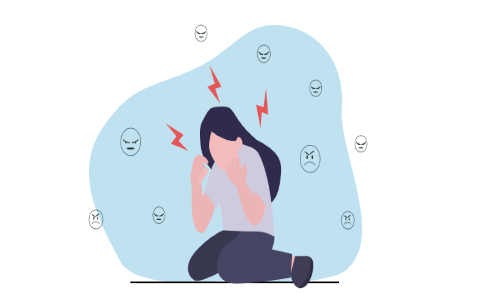
Live – Epigenetics & the Mind Brain Gene Connection: A Systems Approach to Mental Health
Open to access this content

Open to access this content

Open to access this content

Open to access this content

Open to access this content

Open to access this content